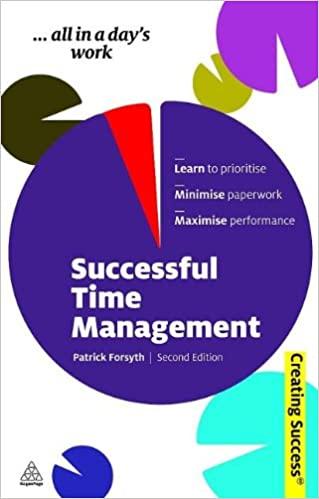Answered step by step
Verified Expert Solution
Question
1 Approved Answer
Jim operates a successful wine shop in San Diego. Looking for a career change, he decides to advertise in the local newspaper for prospective buyers.
Jim operates a successful wine shop in San Diego. Looking for a career change, he decides to advertise in the local newspaper for prospective buyers. A few days later, Jim receives a letter from Bill, who is interested in purchasing the wine shop. Jim and Bill discuss the sale of the business over a number of weekends, and after some negotiations, enter into an agreement for Bill to purchase the entire wine shop for $ As part of the contract, Jim agrees to receive a separate $ payment in exchange for a noncompetition clause, where the parties agree that Jim shall not open another wine shop within miles of San Diego for a period of one year. They also agree that if either party breaches the agreement, the breaching party will pay $ in liquidated damages. Both parties sign the agreement.
Six months after the sale, Jim has a change of heart, and opens a prohibitionstyle speakeasy miles away from the wine shop that caters to an affluent crowd, many of whom are his former customers. Jims speakeasy does not sell wine. A few weeks later, Bill sees an article in the San Diego UnionTribune with a glowing review of the speakeasy, with Jims picture right next to the article. The article quotes Jim as saying I have the best cocktail lounge in all of North County come on in and check it out! Enraged, Bill sues Jim for breach of contract in California Superior Court. Who wins and why?
Group of answer choices
Jim wins, because even though the noncompetition clause is enforceable, he can successfully argue that he has not provided a similar service and as such, it would be unreasonable in this situation to consider his actions a breach of the noncompetition provision of this agreement.
Bill wins, because the noncompetition clause is reasonable in its scope time geography and service offered and Jim has breached this clause because he is taking customers from Bills wine shop. Therefore, it can be presumed that Jim was directly soliciting business despite his agreement with Bill not to do so and Jim was given separate consideration for this noncompetition provision, making the term valid.
Jim wins, because noncompetition clauses between individuals in California are considered against public policy, and in cases like these where there are no trade secrets or special proprietary formulas, are always presumed to be unenforceable.
Bill wins, because he is still within Californias fouryear statute of limitations for breach of contract and the liquidated damages clause of $ that the parties agreed to is reasonable given the extent of the harm to Bills business.
Step by Step Solution
There are 3 Steps involved in it
Step: 1

Get Instant Access to Expert-Tailored Solutions
See step-by-step solutions with expert insights and AI powered tools for academic success
Step: 2

Step: 3

Ace Your Homework with AI
Get the answers you need in no time with our AI-driven, step-by-step assistance
Get Started


